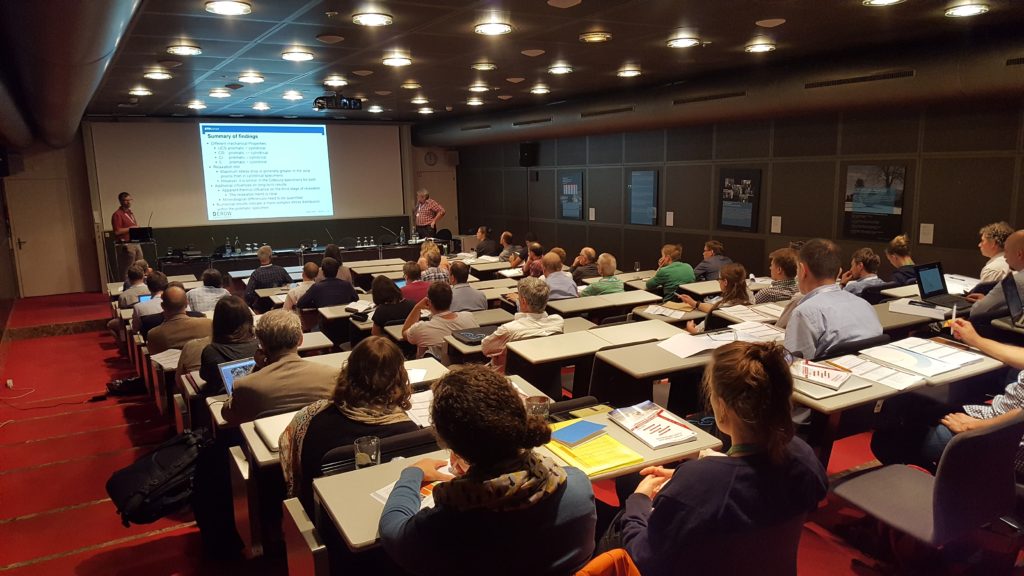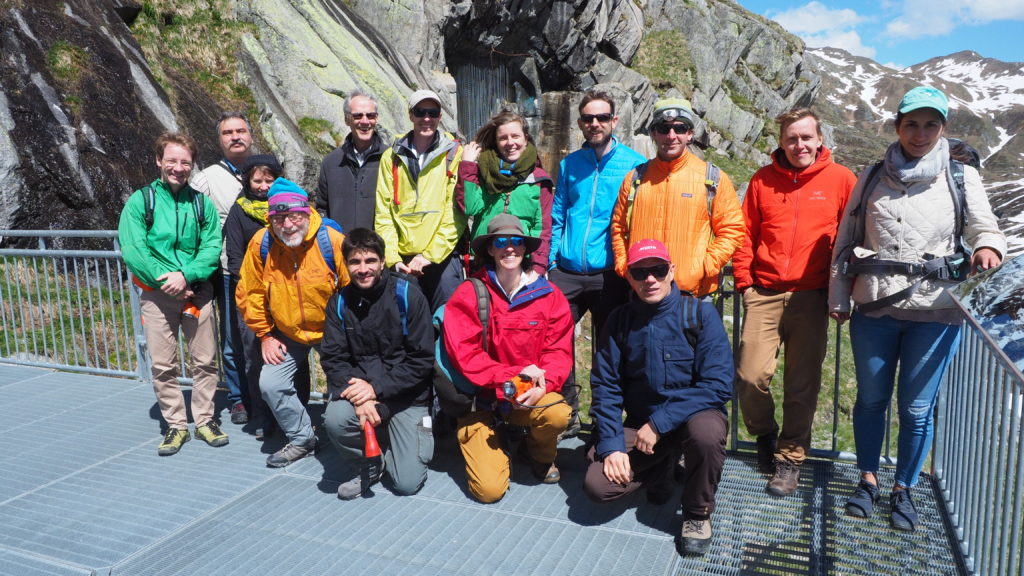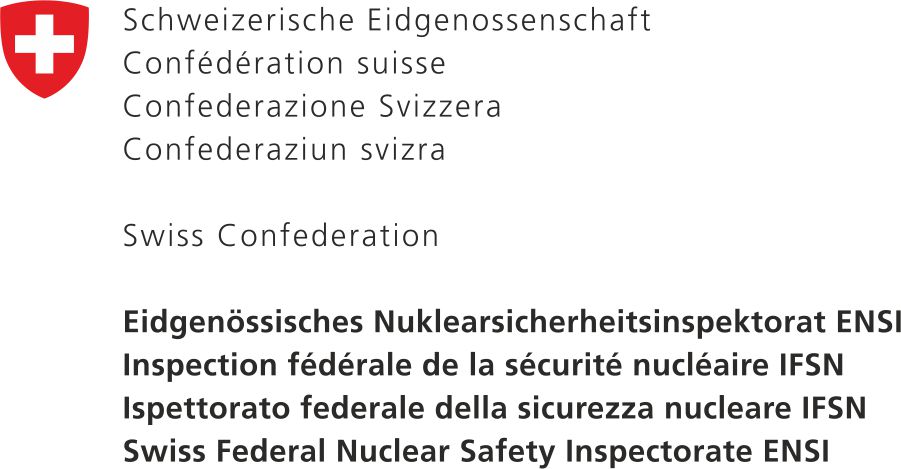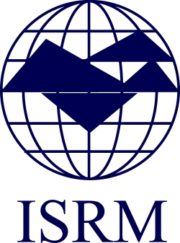13
Jul
Congress report

Pre-coffee focus from engineers, geomorphologists, material scientists, and numerical modellers alike
PRF 2017 was a conference on Progressive Rock Failure (PRF) and time-dependent aspects of rock mass damage and strength degradation held from the 5th – 9th of June 2017 at Congressi Stefano Franscini in Ascona, Switzerland. Addressing these key challenges offered an excellent opportunity to bring together a range of participants from the rock mechanics, engineering geology, material sciences and geomorphology communities. In total we hosted 54 attendees from 37 separate institutions, with 30 attendees remaining to participate in a numerical modelling workshop held on the final day.
Geological materials change their strength properties through time, a condition which has significant implications for the stability of natural and artificial slopes, surface or subsurface excavations, and deep boreholes used for energy production. While some of these mechanical property changes lead to slow phenomena like creep, others lead to rapid and hazardous deformations and failure of geological materials. Time-dependent aspects of weakening and failure in natural systems are, however, difficult to study as internal damage is not visible to the naked eye, and the underlying processes can last from several seconds to many thousands of years. Better understanding and predicting these processes represents a great challenge to those involved in the preservation of critical transport and energy infrastructures, design and construction of nuclear waste repositories, and the assessment and mitigation of rockslope hazards in response to climatic drivers. By bringing together participants from diverse backgrounds, this event provided an exciting chance to address processes controlling the degradation and failure of brittle rock across an exceptional range of spatial and temporal scales.

Finally a sunny day. Time for PRF ‘surface’ people to get stuck into post-glacial fractures on the Gotthard.






